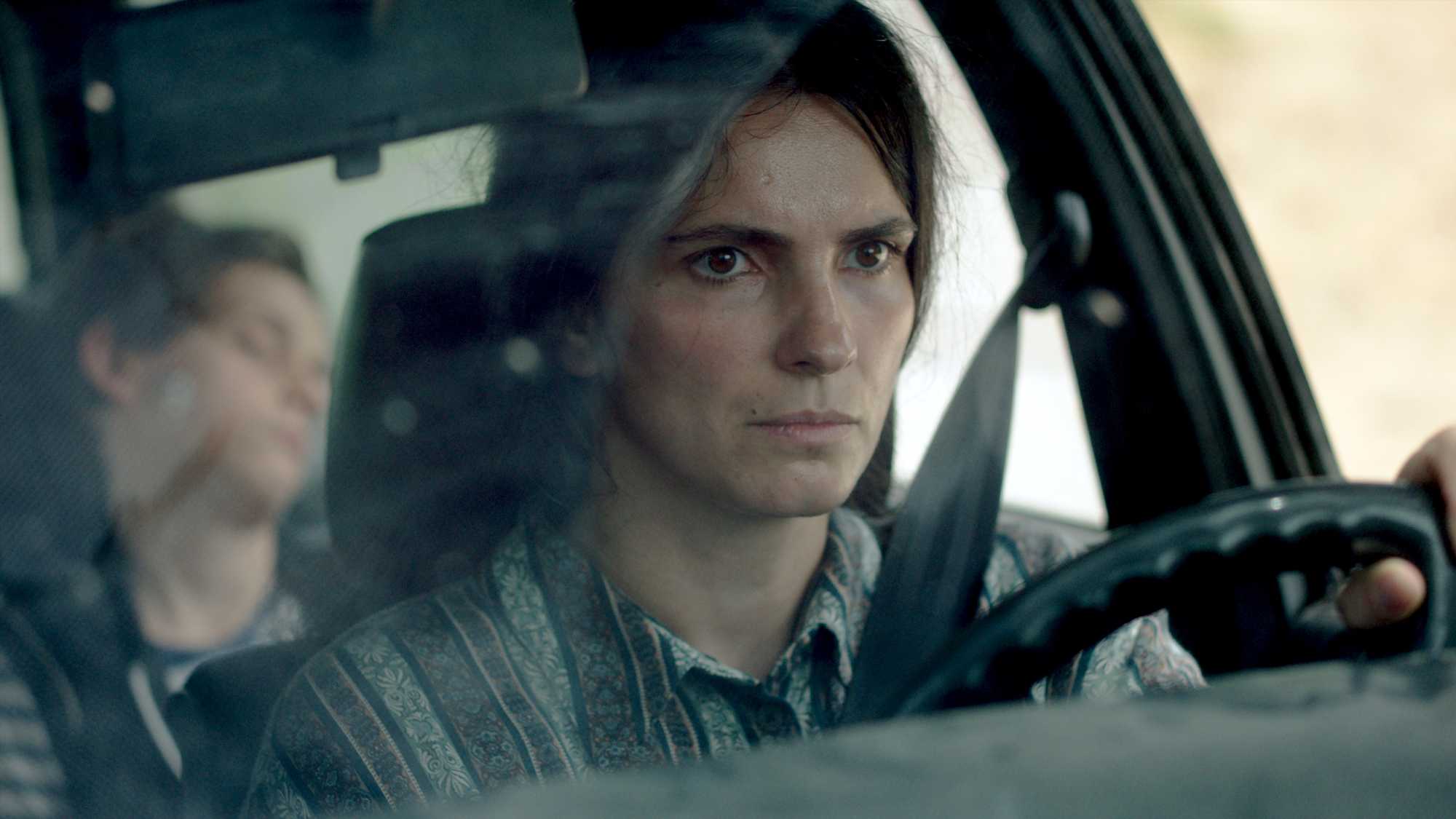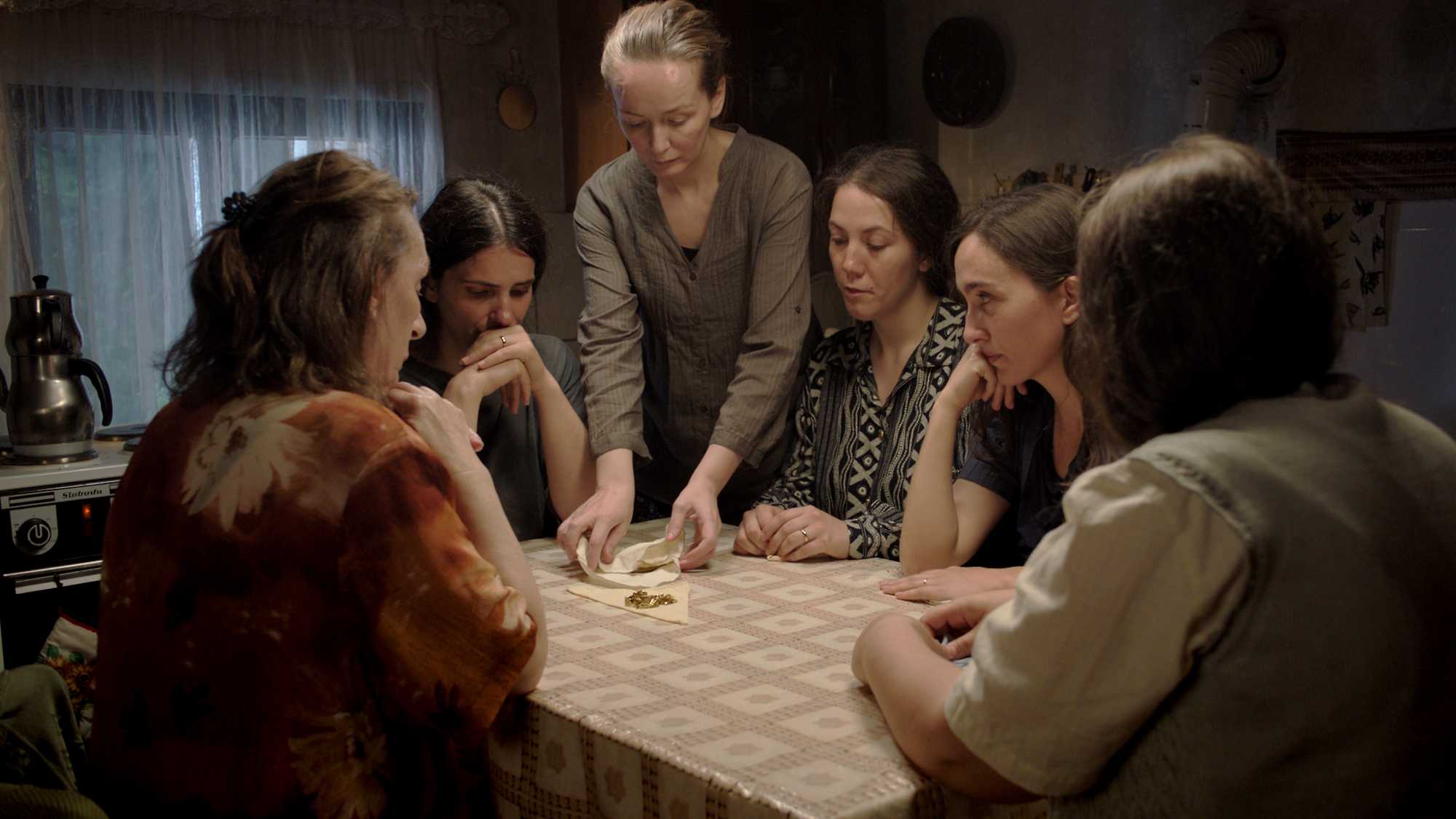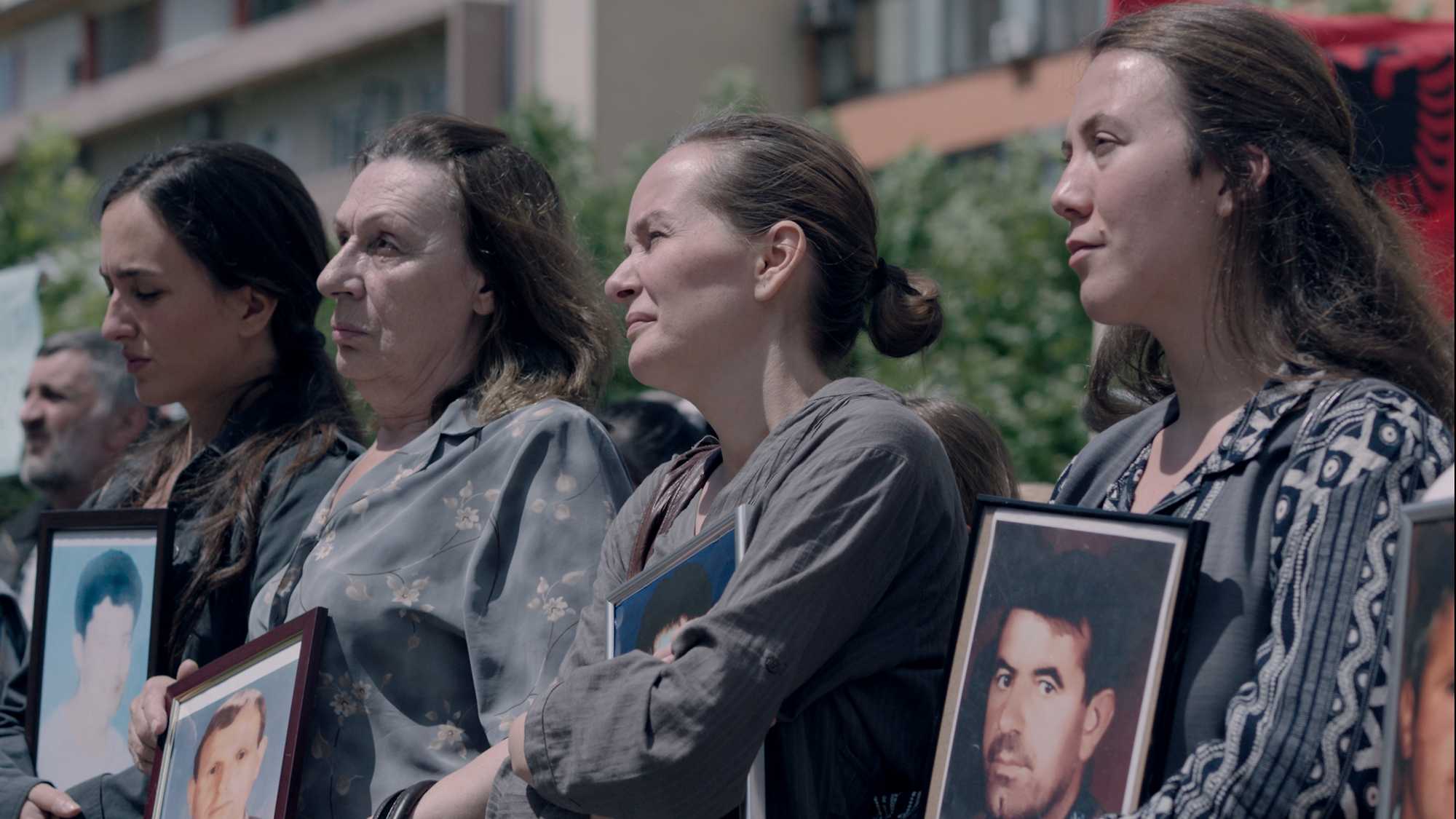An indomitable Kosovar woman defies entrenched patriarchal societal norms to ensure her family’s welfare in this subdued but spirited debut feature, inspired by a true story that scooped three top awards at Sundance 2021.



…an engrossing, utterly classic tale of overcoming adversity around how [a single mother] bucks the hide-bound town, gets out of the house and finds a job that will support her family.
Screened as part of NZIFF 2021
Hive 2021
Zgjoi
Fahrije, like many of the other women in her closely-knit Kosovo town, lives in a kind of stasis awaiting the return of her husband who disappeared during the war with Serbia and Montenegro many years earlier. When unearthed mass graves revive hope of some kind of closure, albeit in a most dreadful way, so does the possibility of perhaps moving on. For, in this rural patriarchal society, women mustn’t work, should observe traditional roles that keep them housebound, and are therefore reduced to living off hand-outs while honouring the absent menfolk – and natural breadwinners. But the beehives established by Fahrije’s husband aren’t producing enough honey to support her two children and disabled father-in-law, all of whom are dismayed by her steely entrepreneurial spirit when she sets about commercialising homemade ajvar, a popular roasted red pepper condiment. After initial reservations, Fahrije galvanises other women to follow in her stead and join her “hive”. But that’s before she’s seen driving around town in a dilapidated car lent to her by the women’s collective... — Sandra Reid
“Driving for her life, the woman at the center of Blerta Basholli’s auspicious tale of female resilience... is also struggling with the way ingrained customs operate in the 21st century. Set in Kosovo during the early 2000s, the movie is based on a true story. Amid the characters’ fight for autonomy, the director also tackles the open wounds of a deadly episode in the history of the young Balkan country.” — Carlos Aguilar, RogerEbert.com
